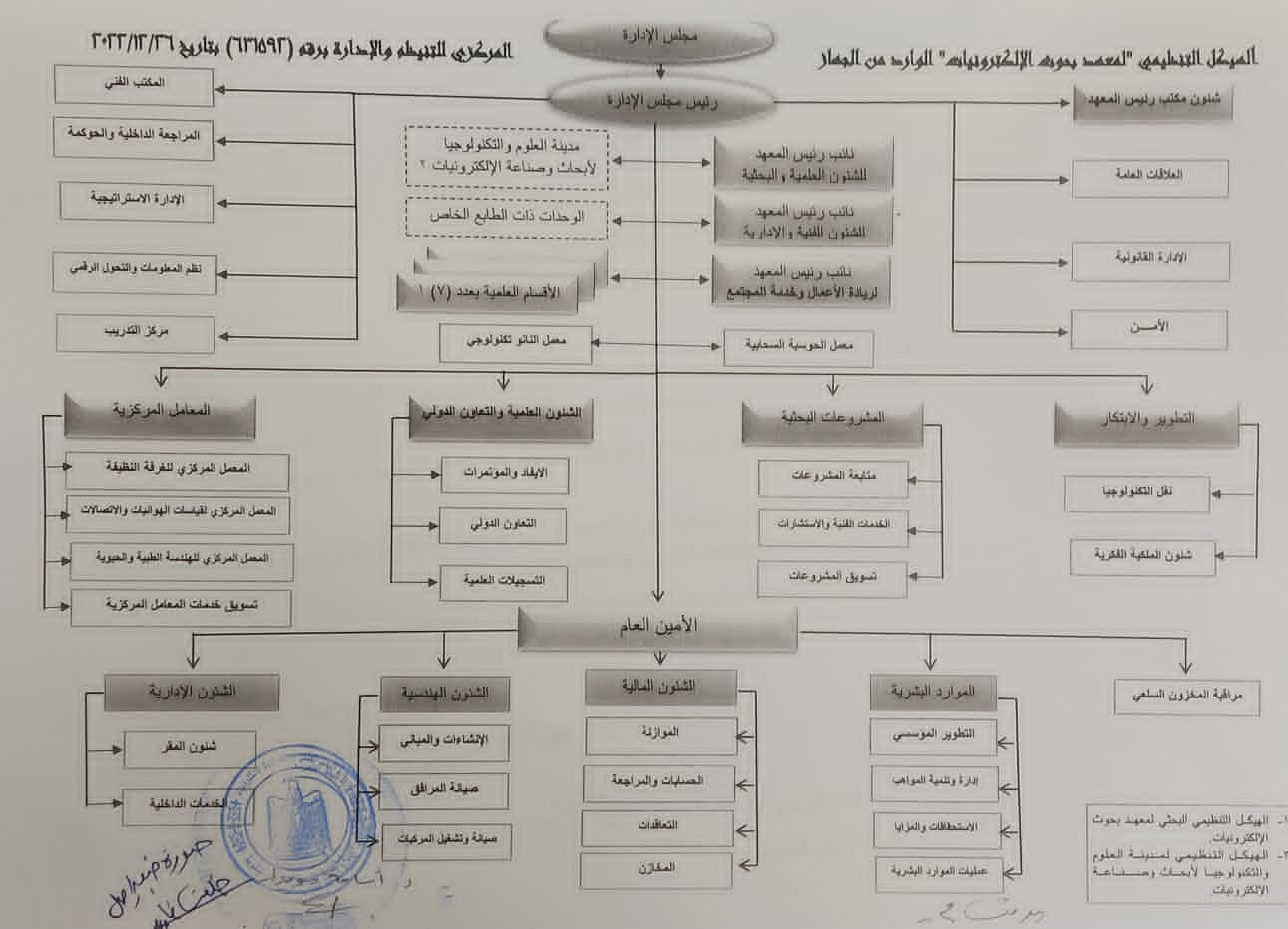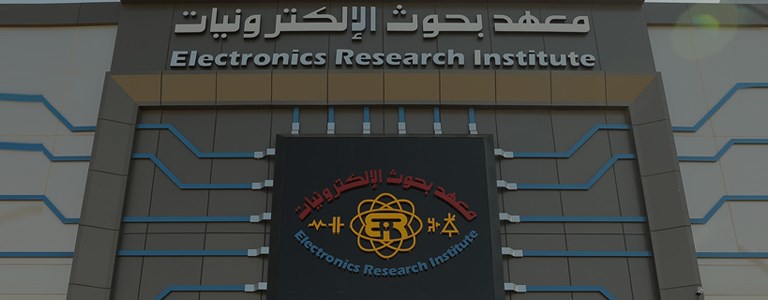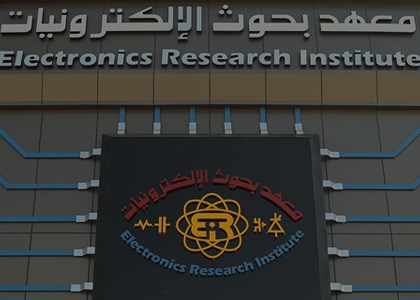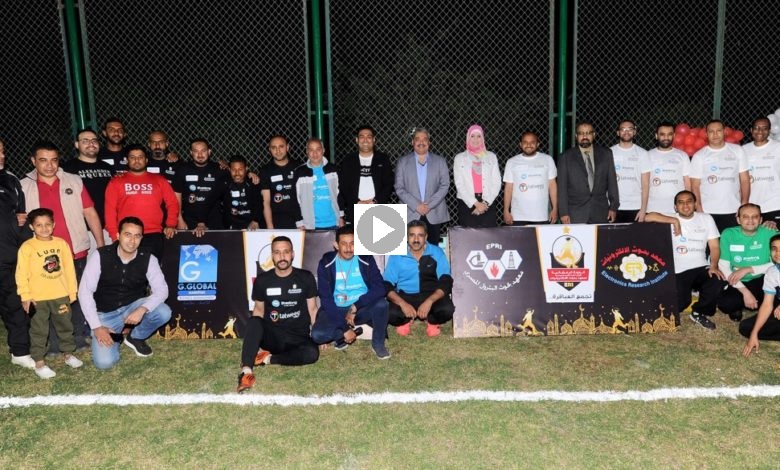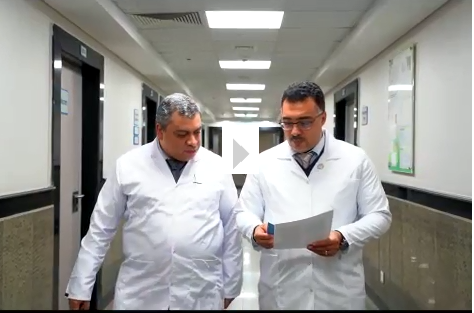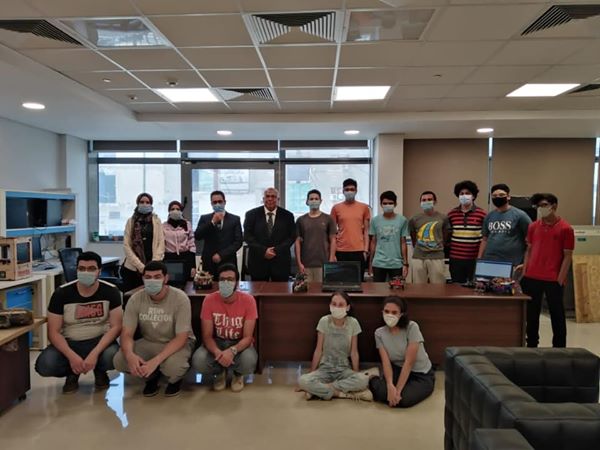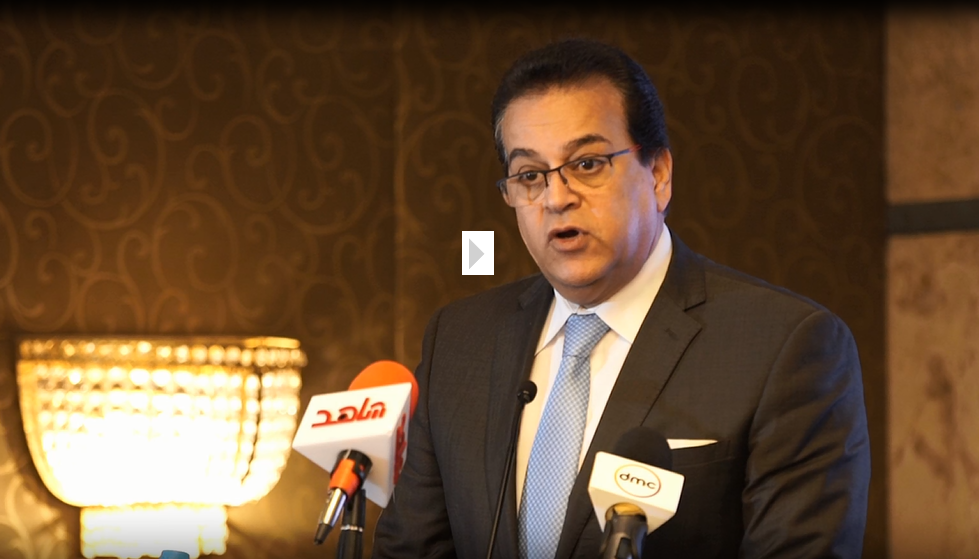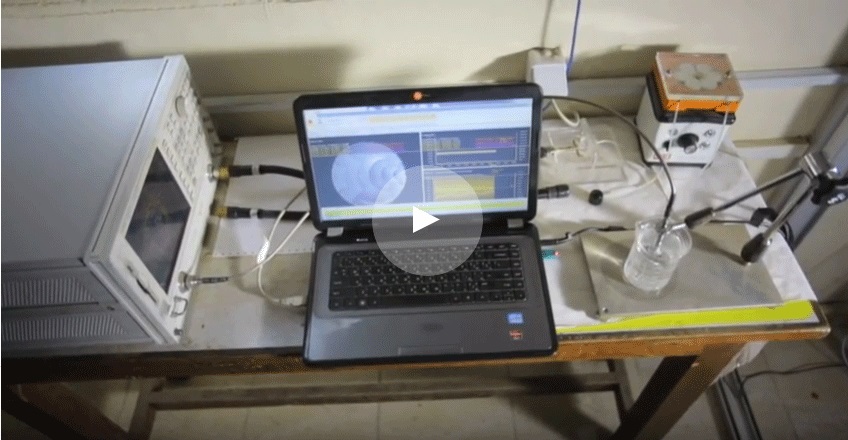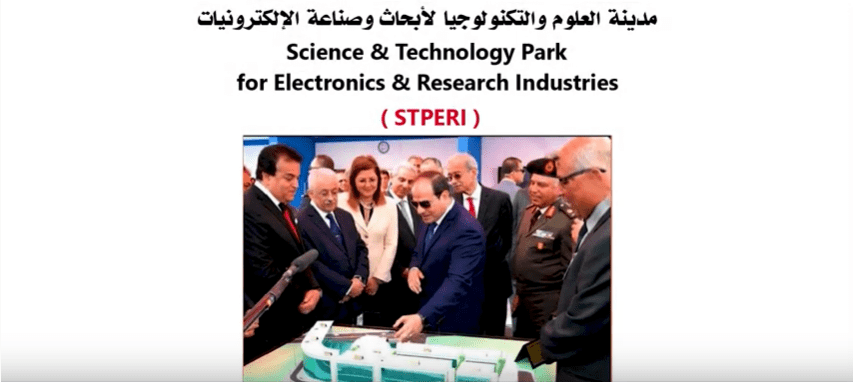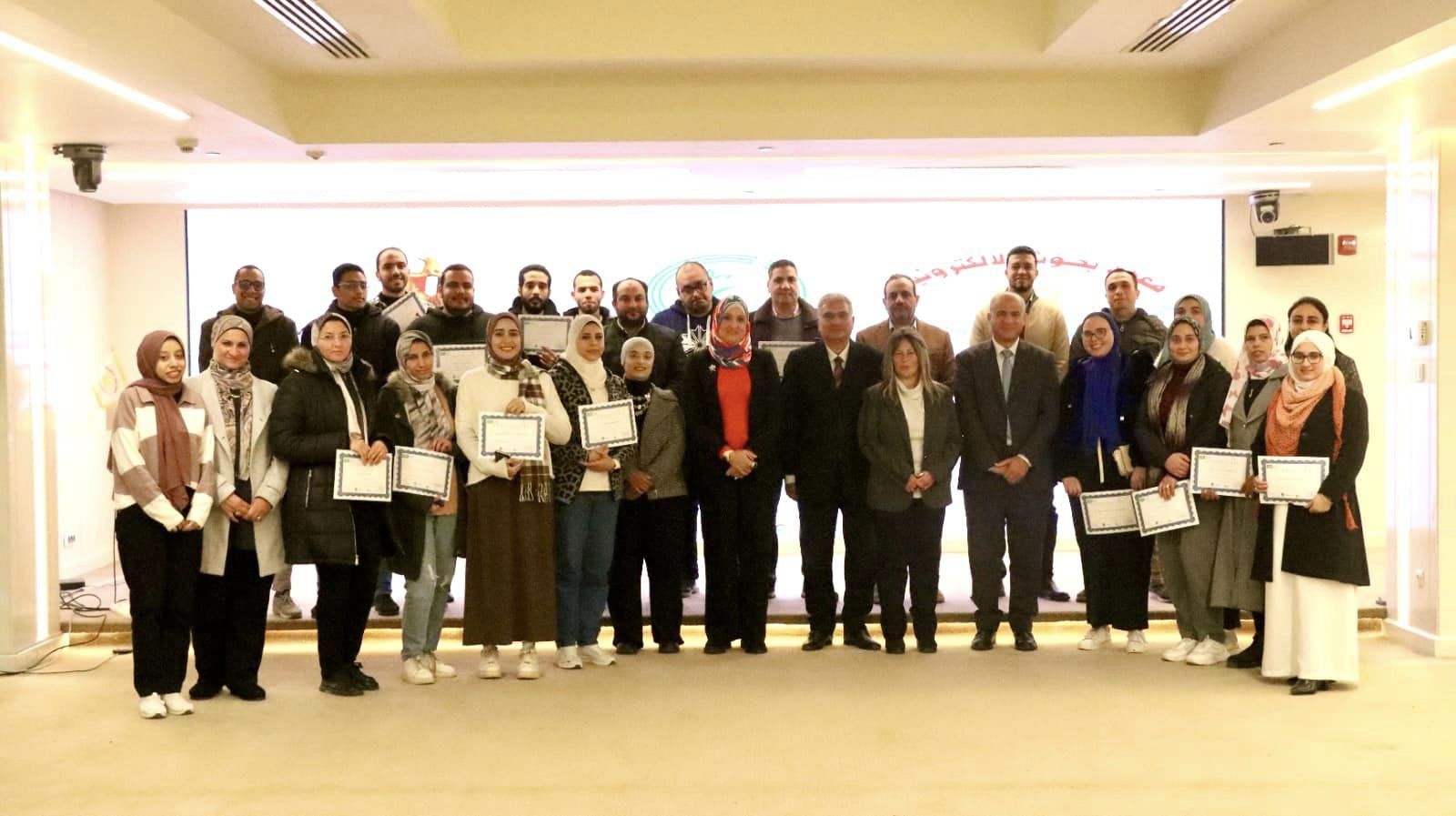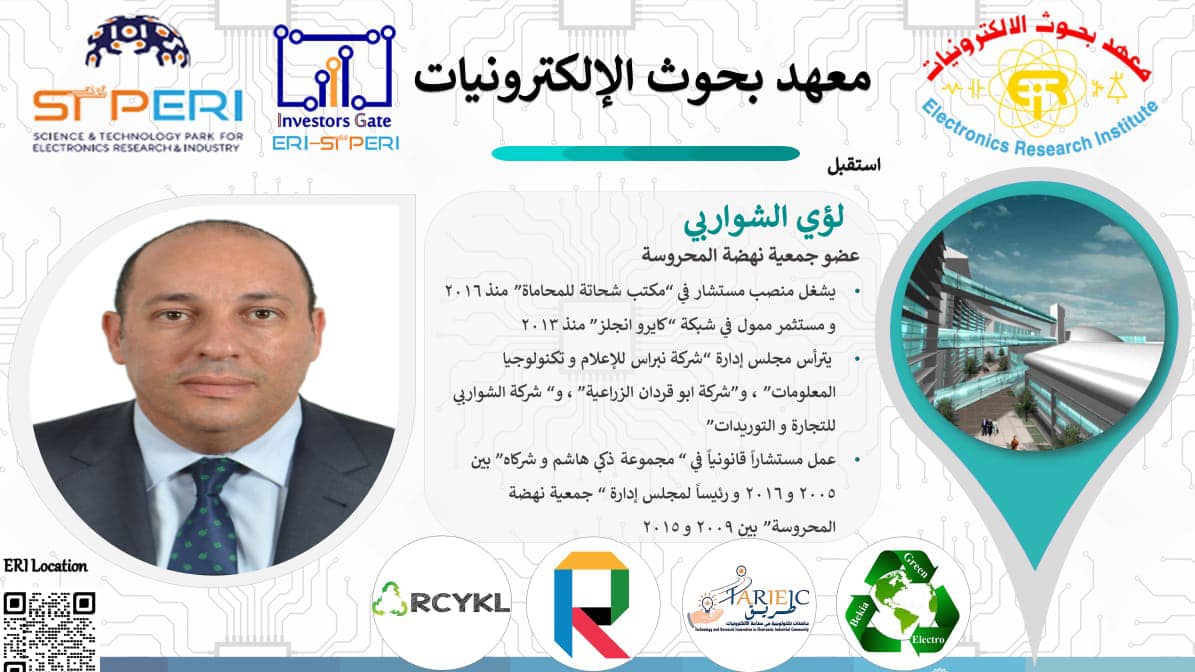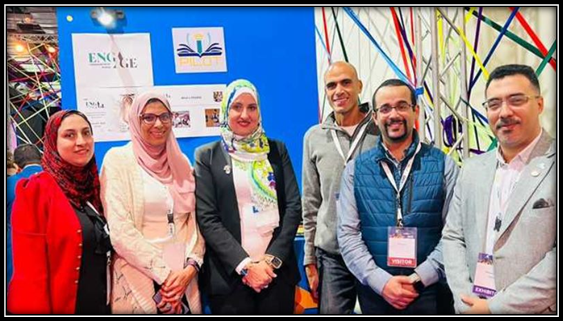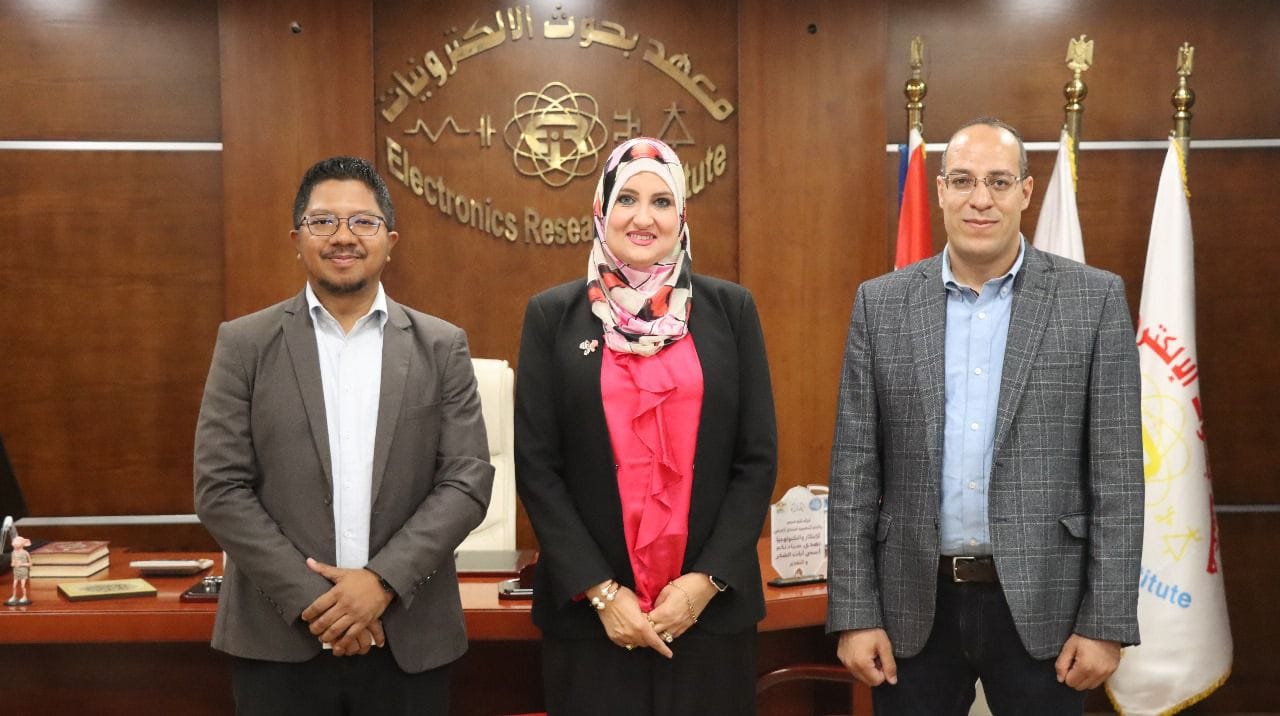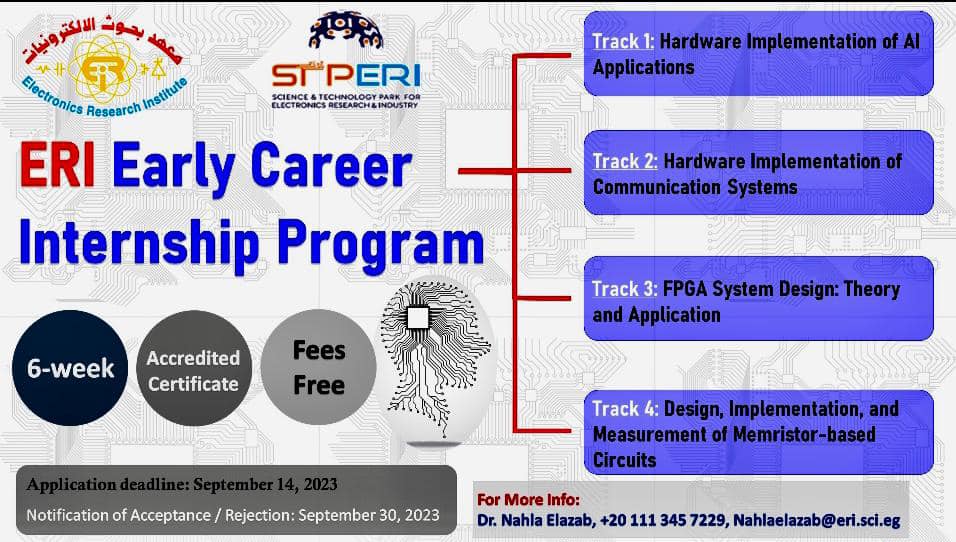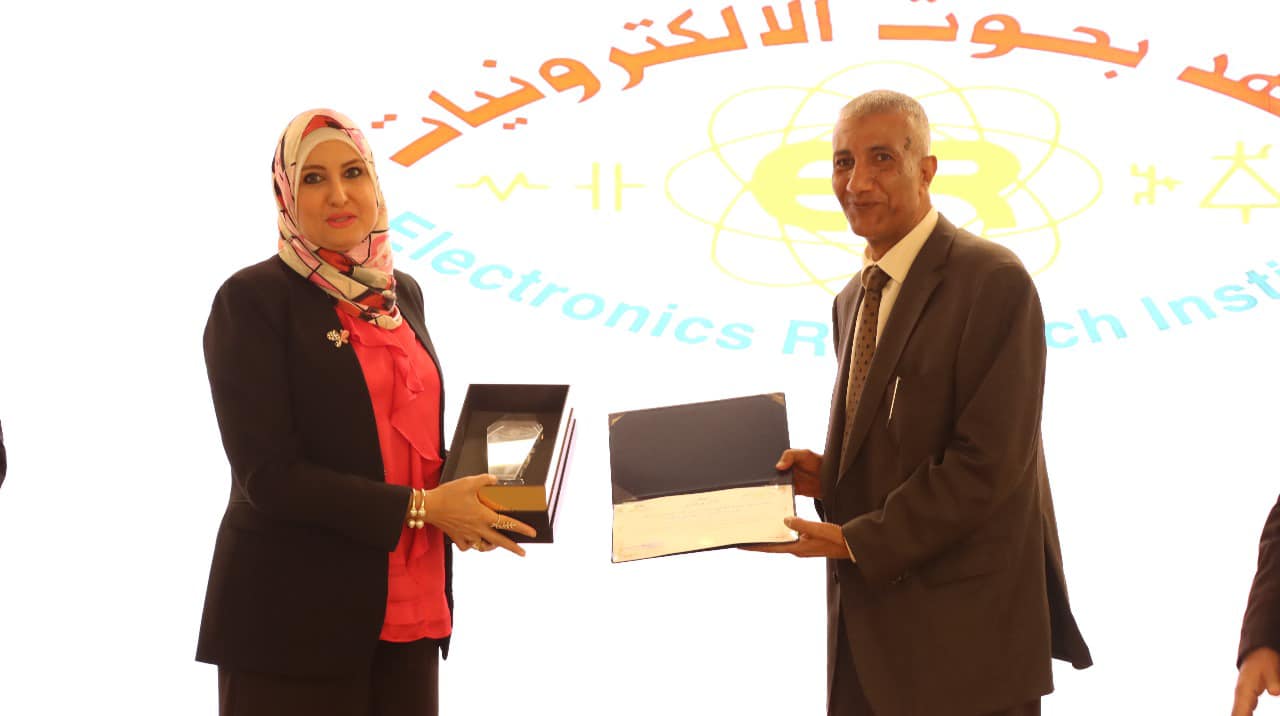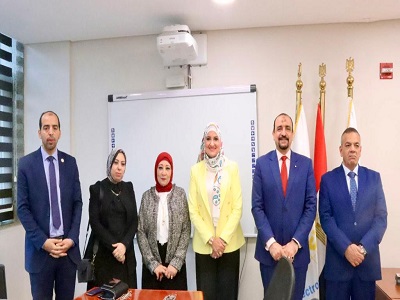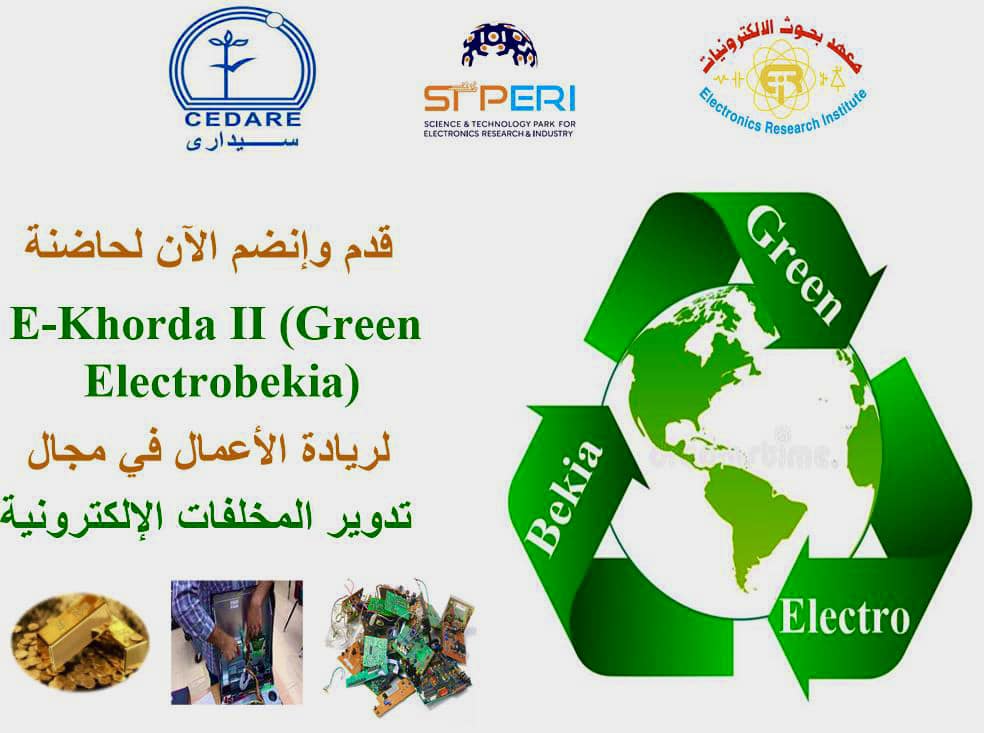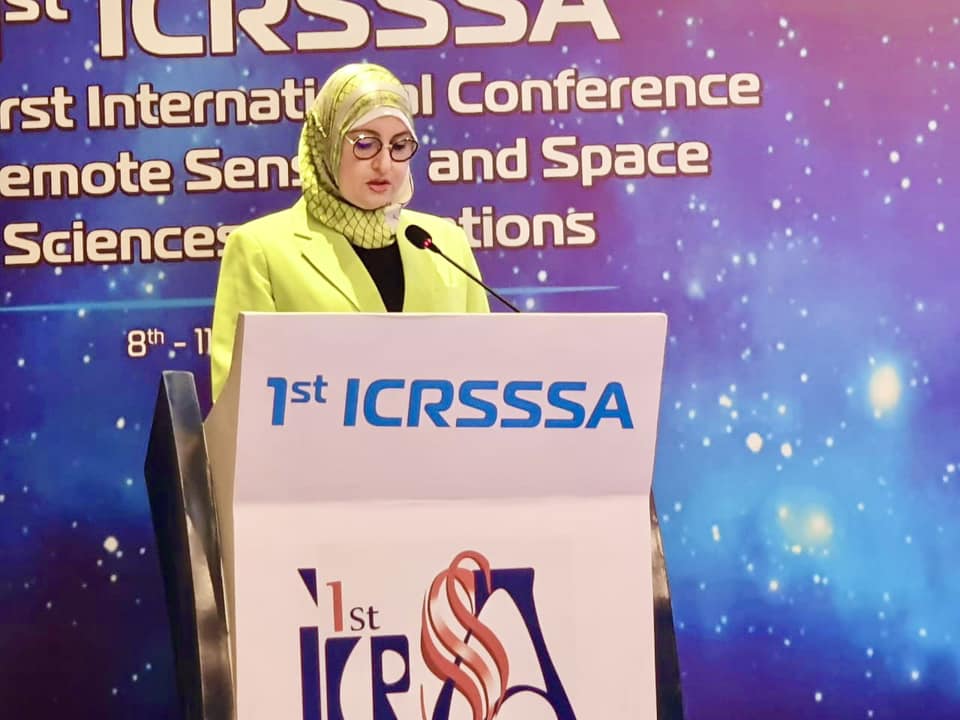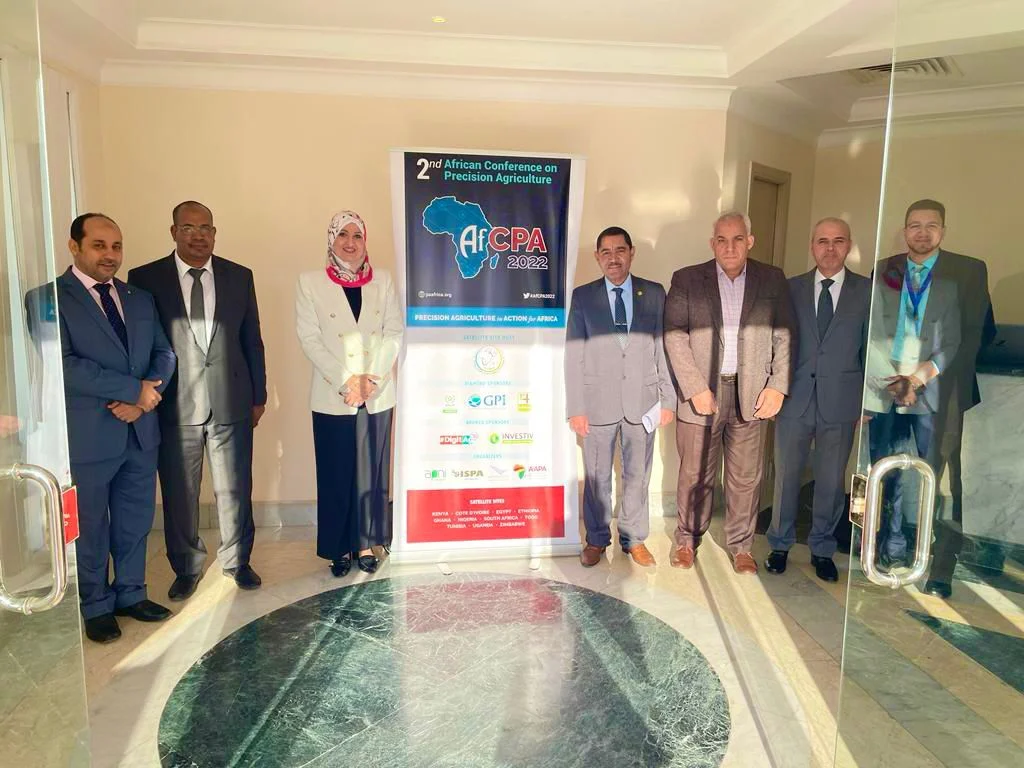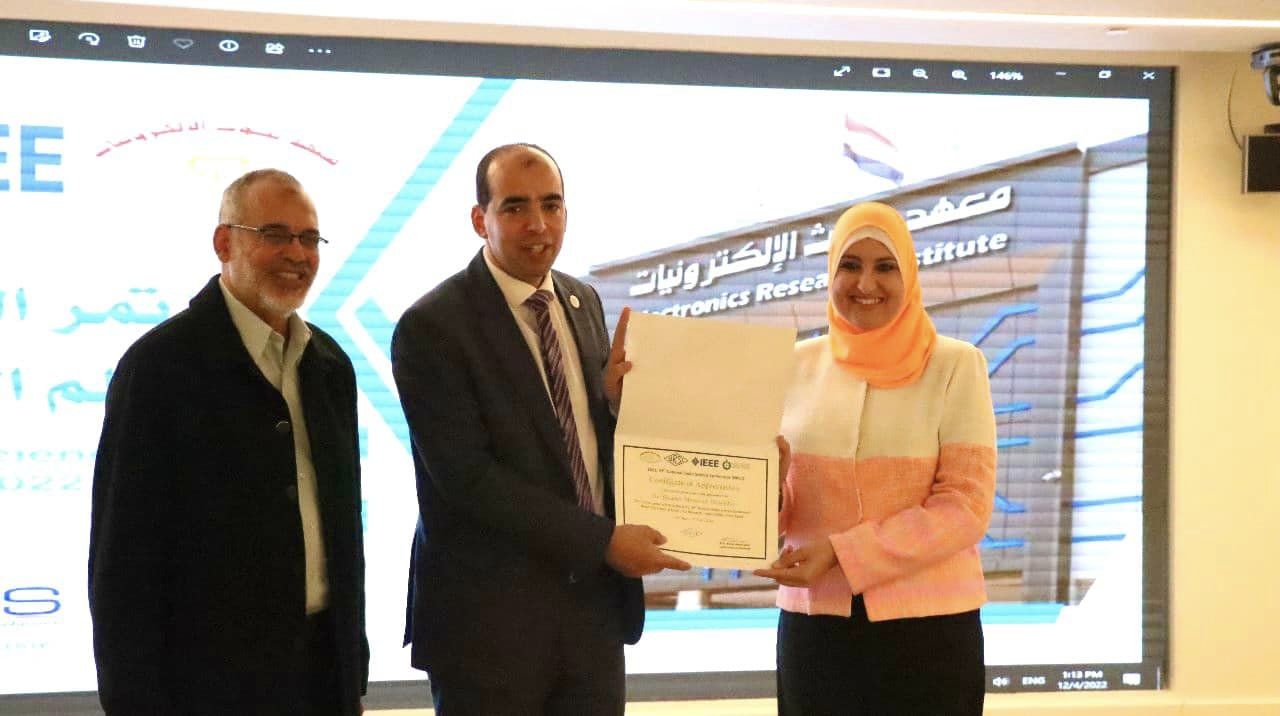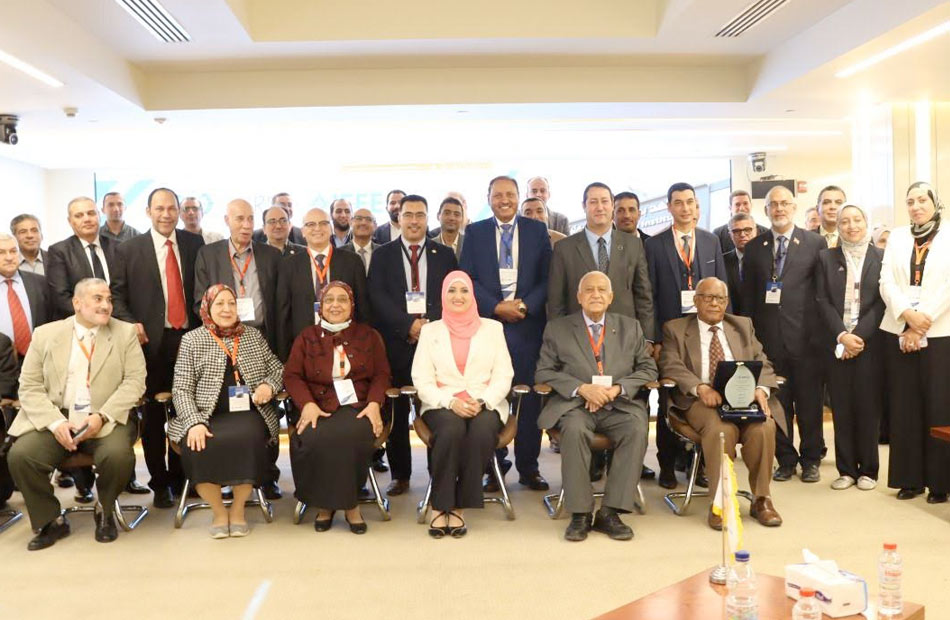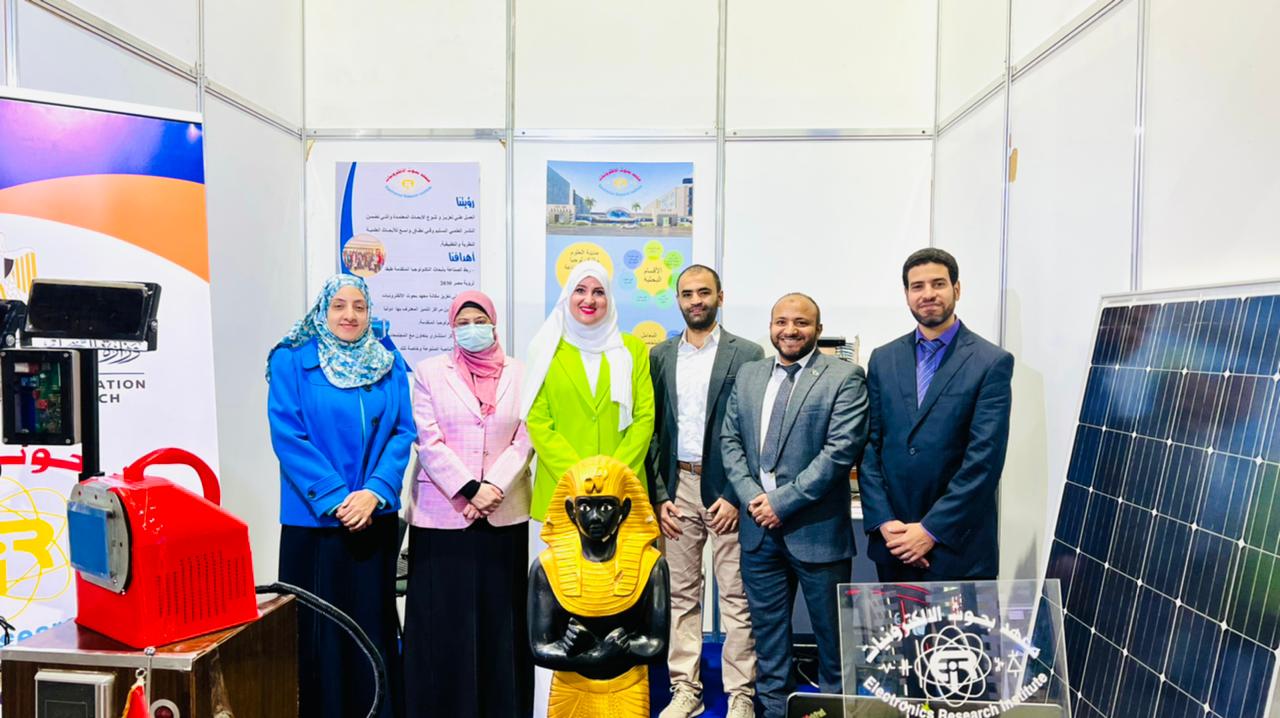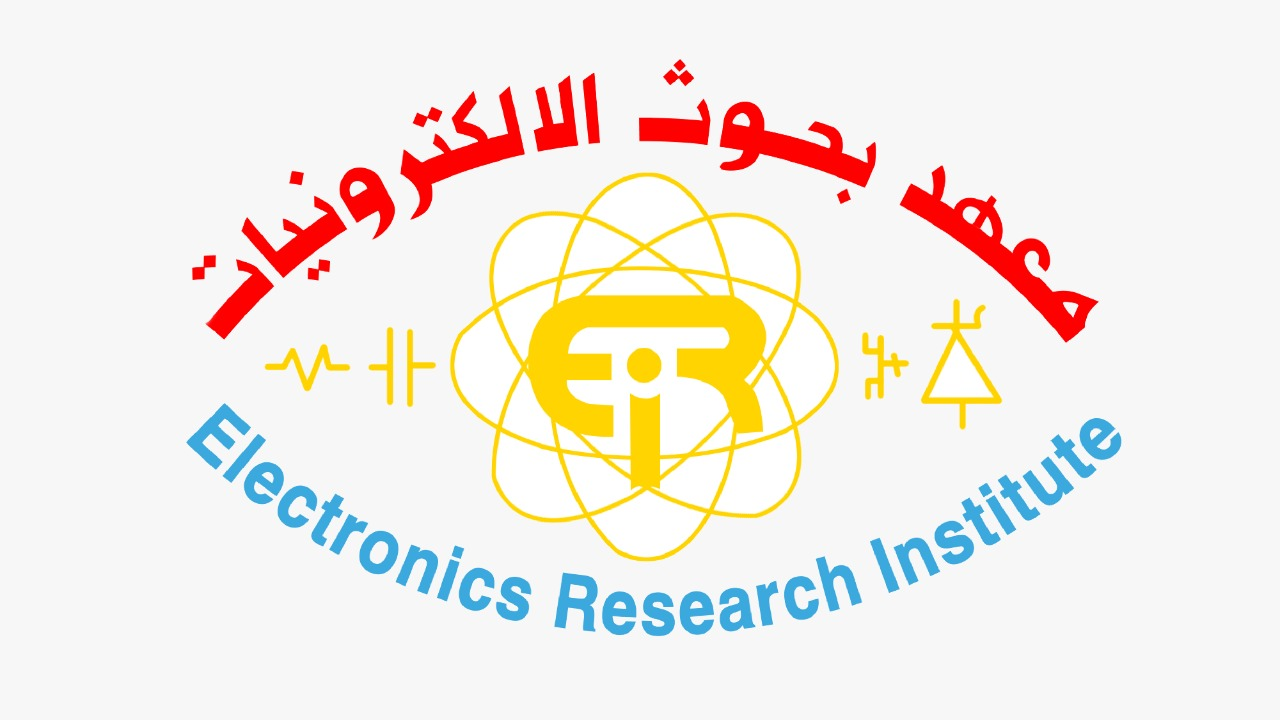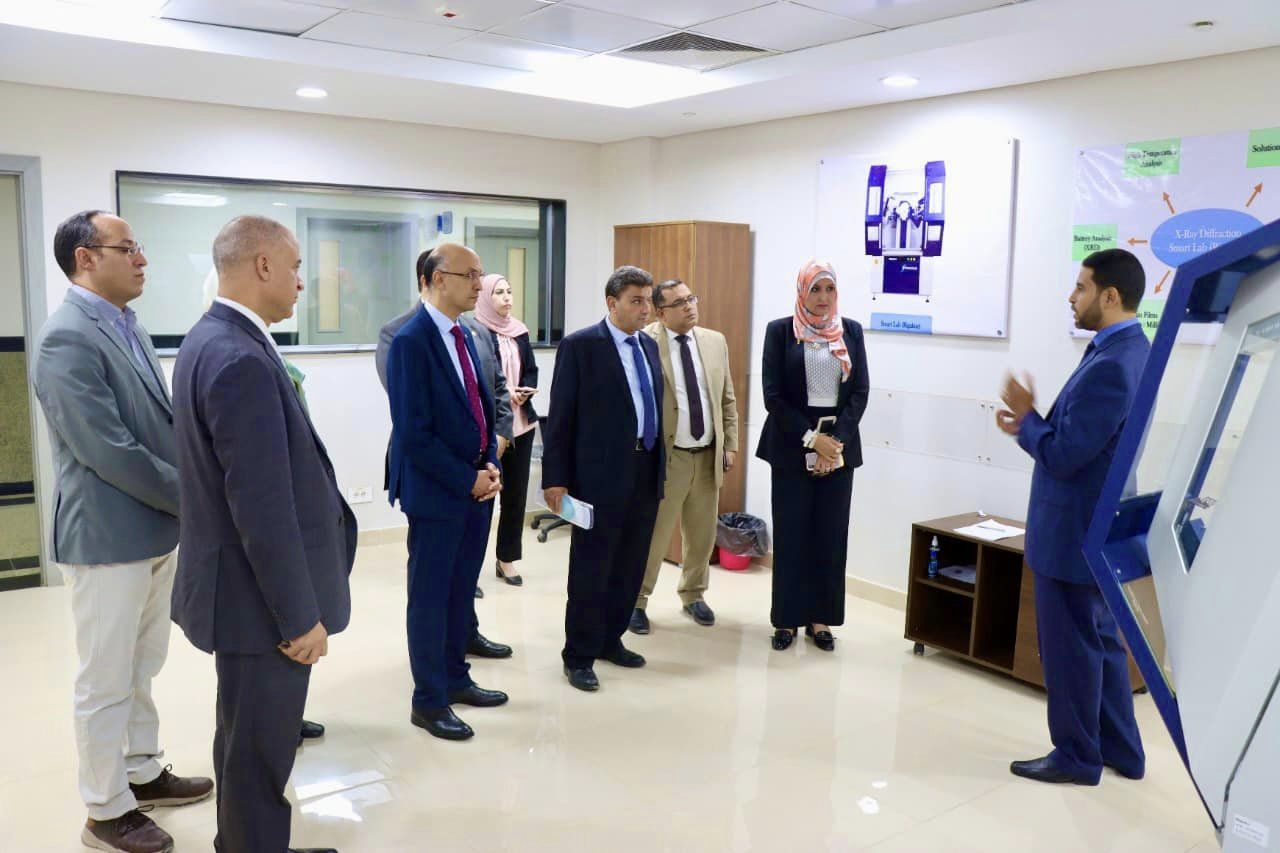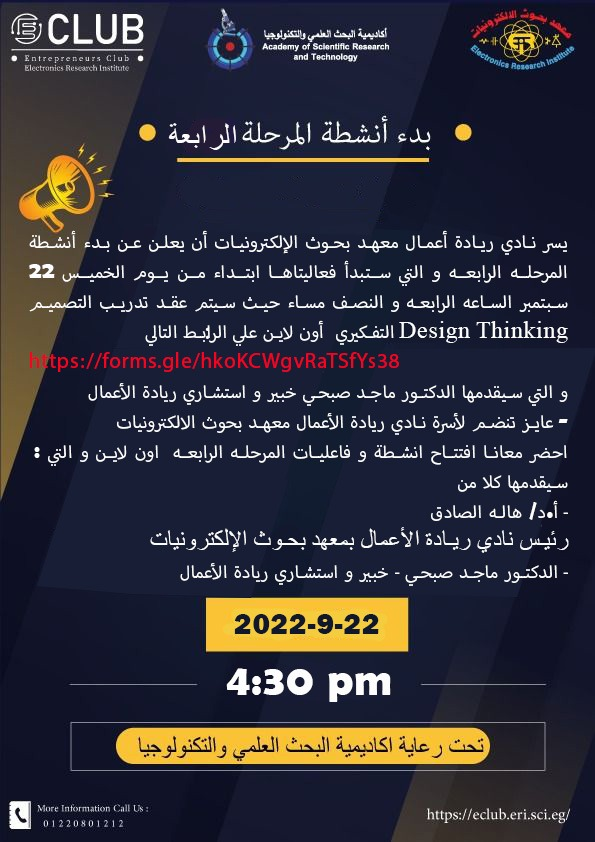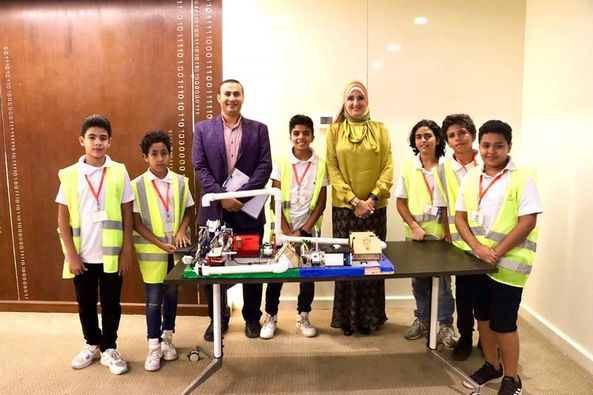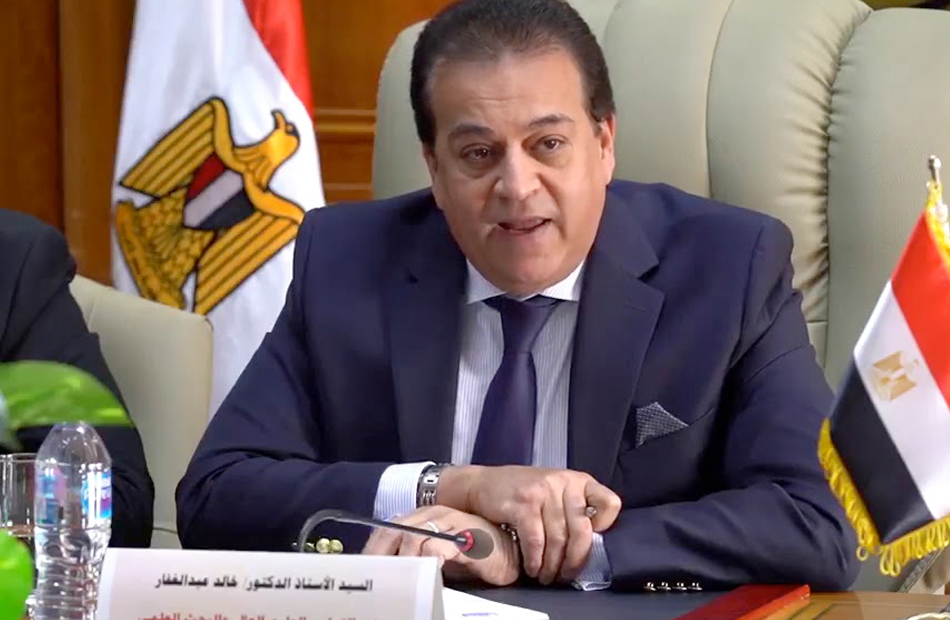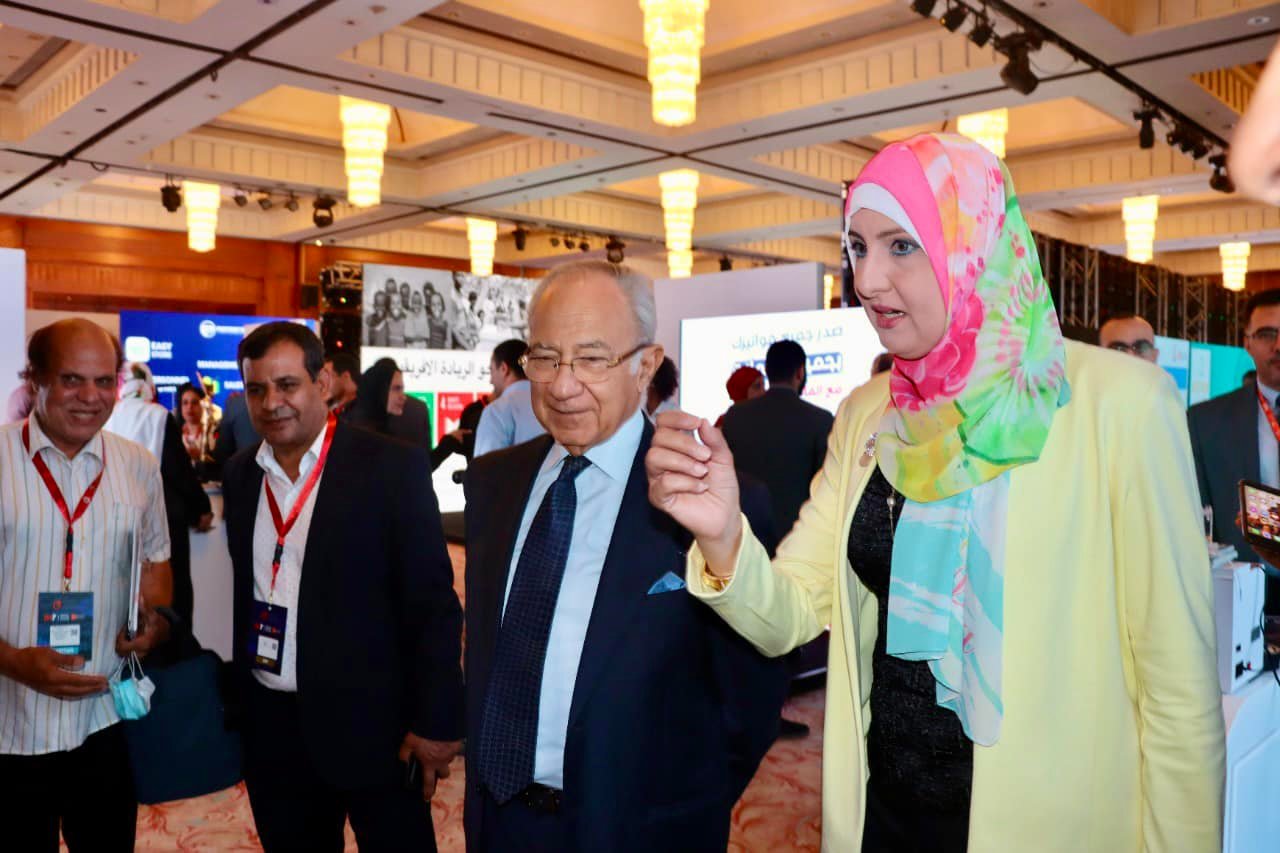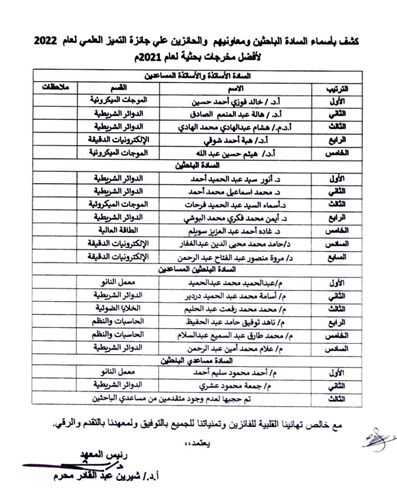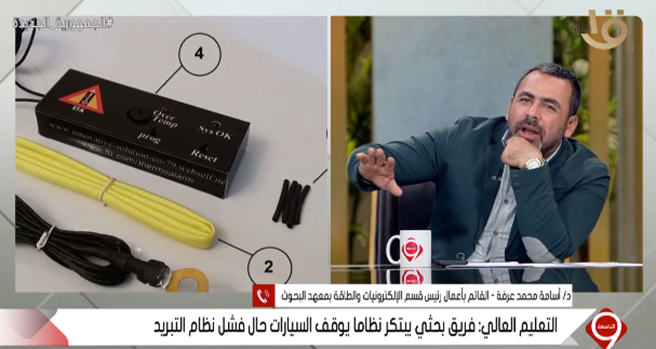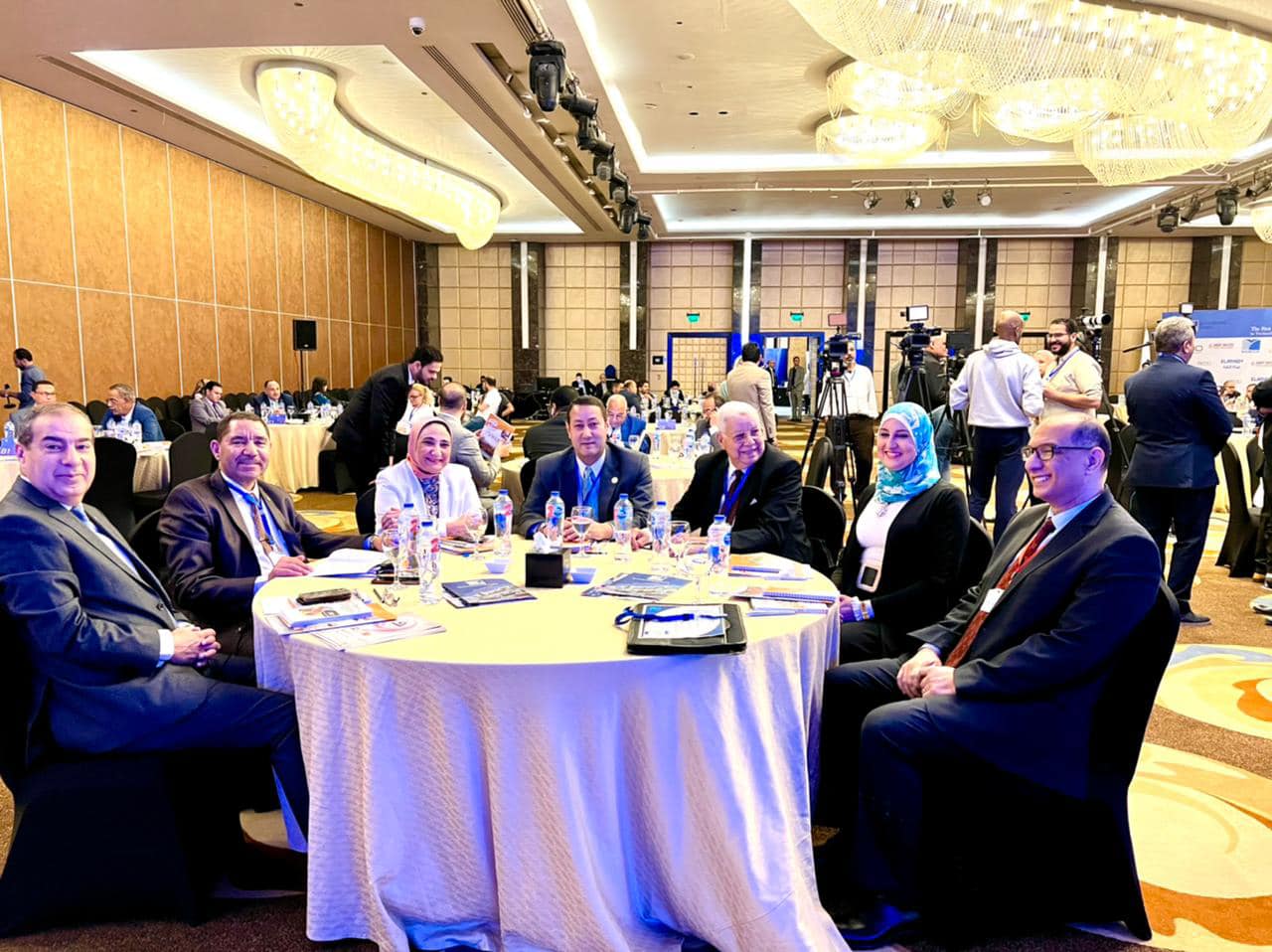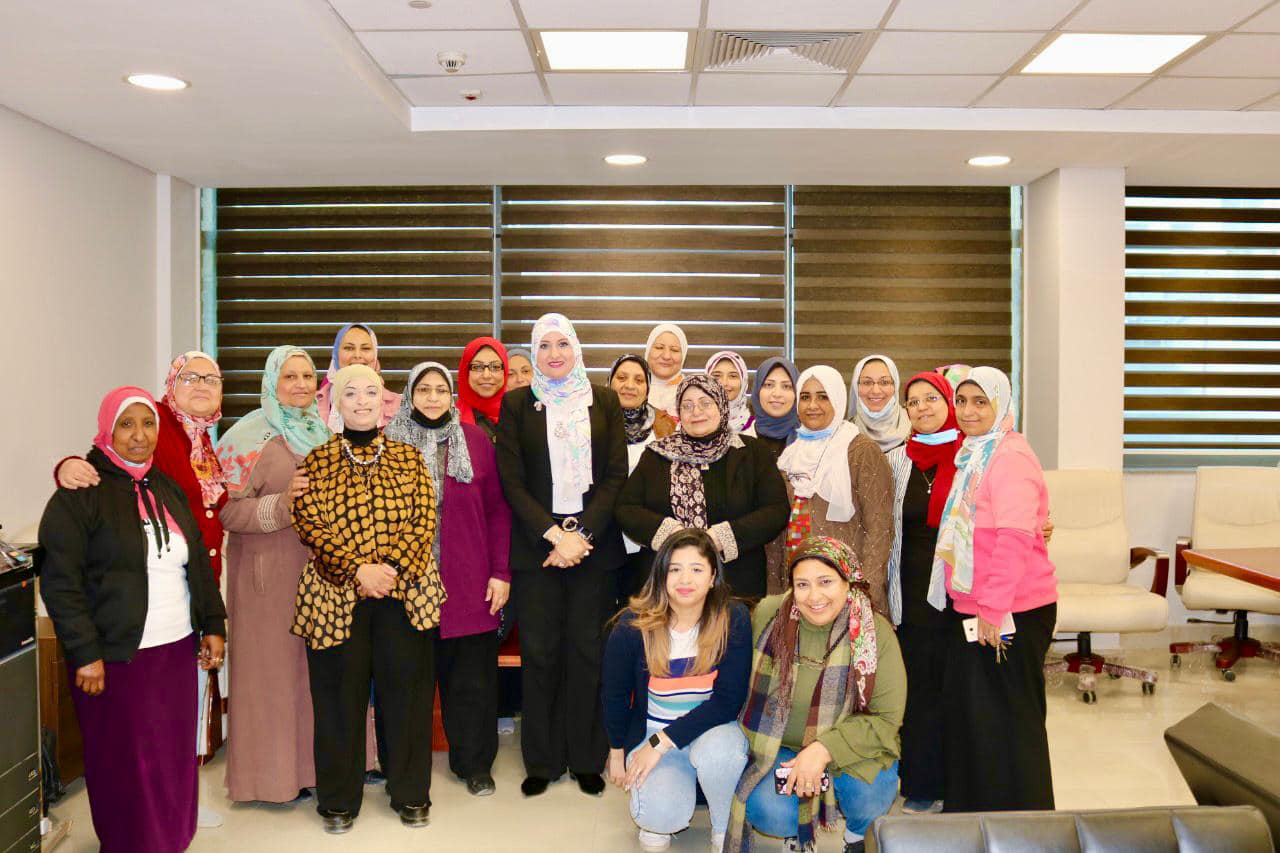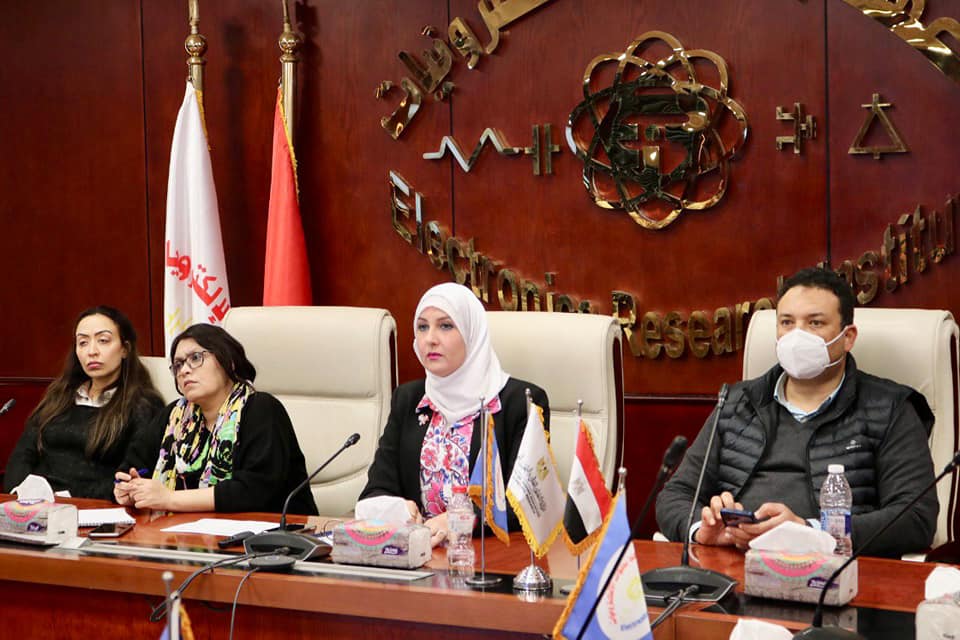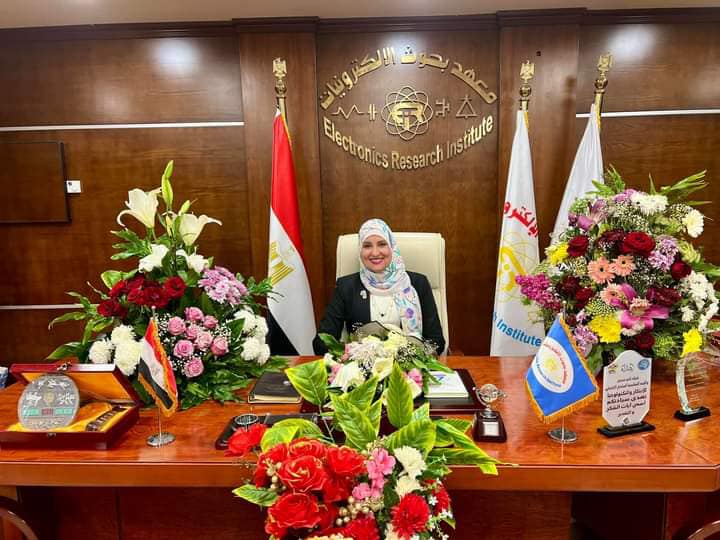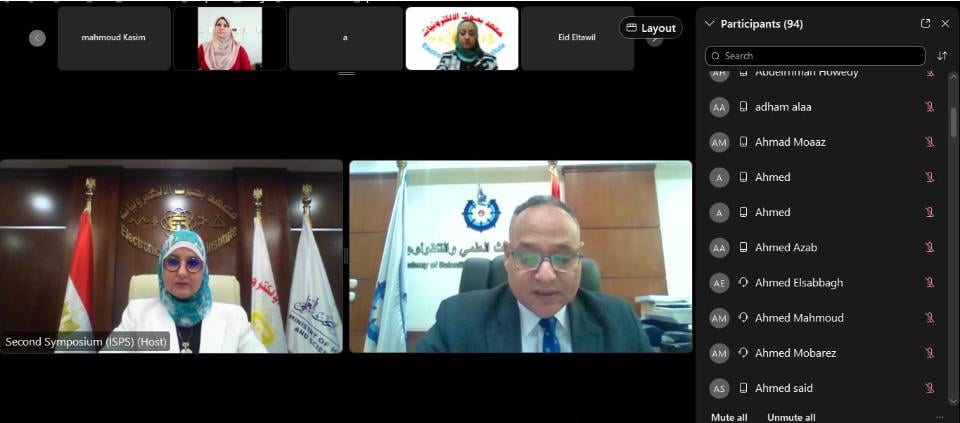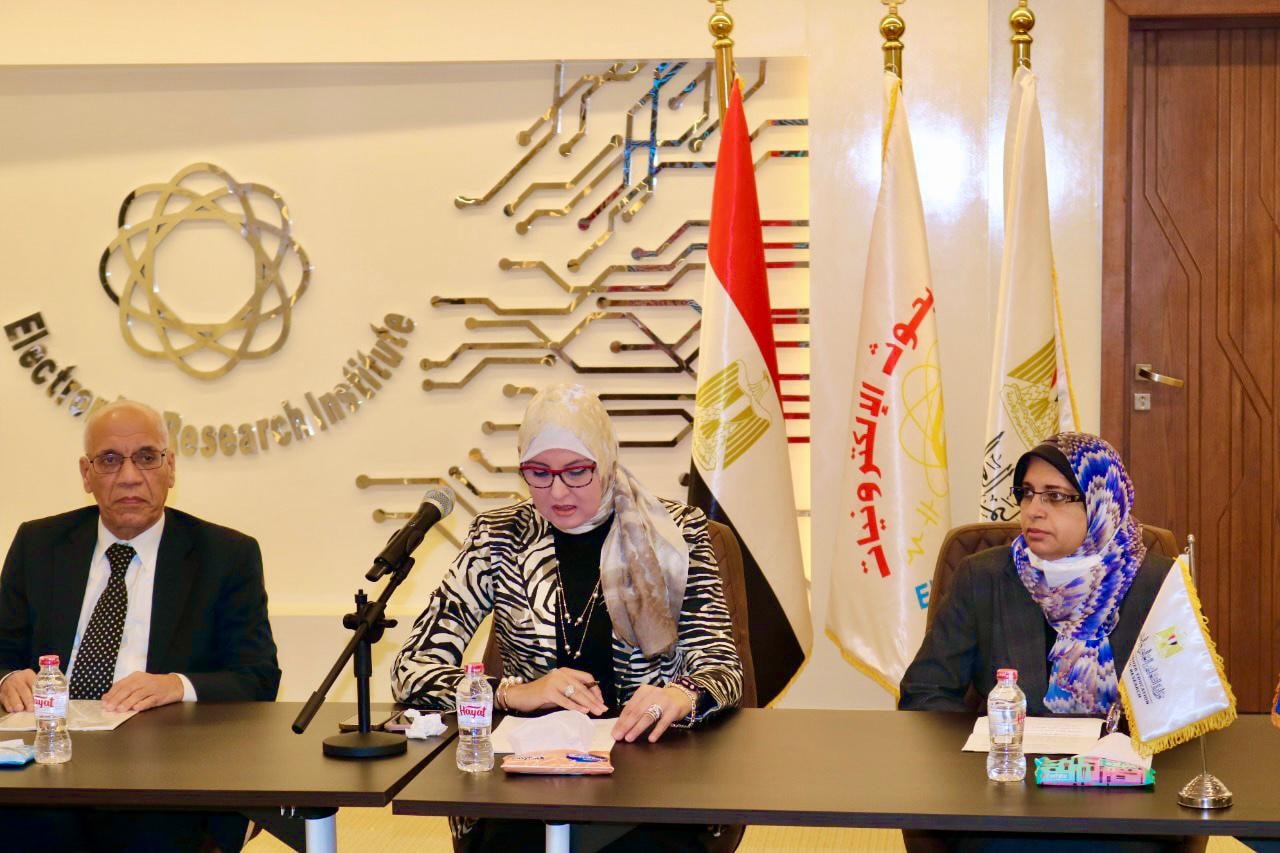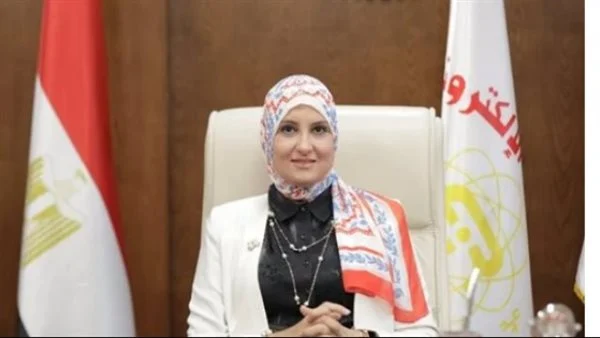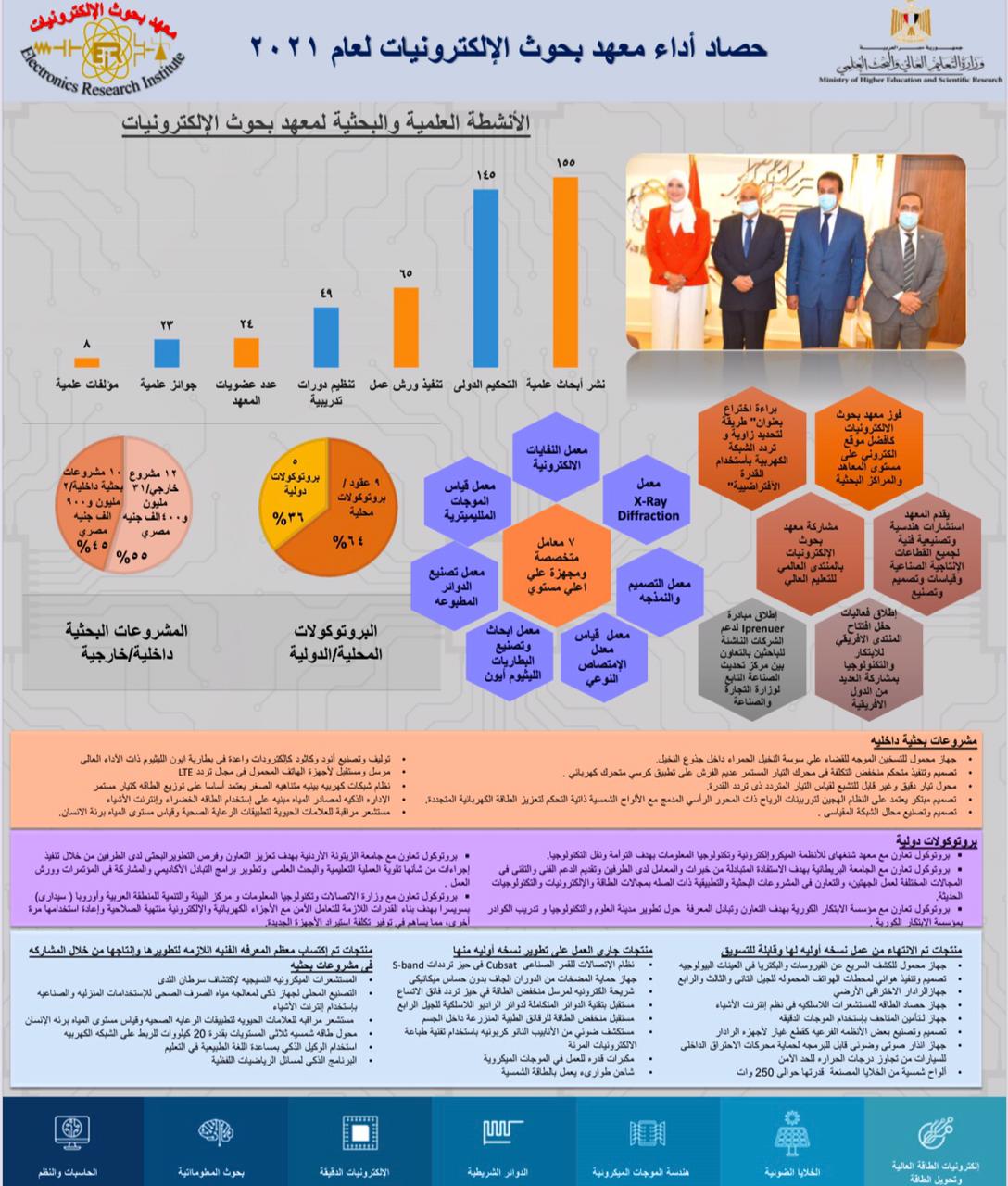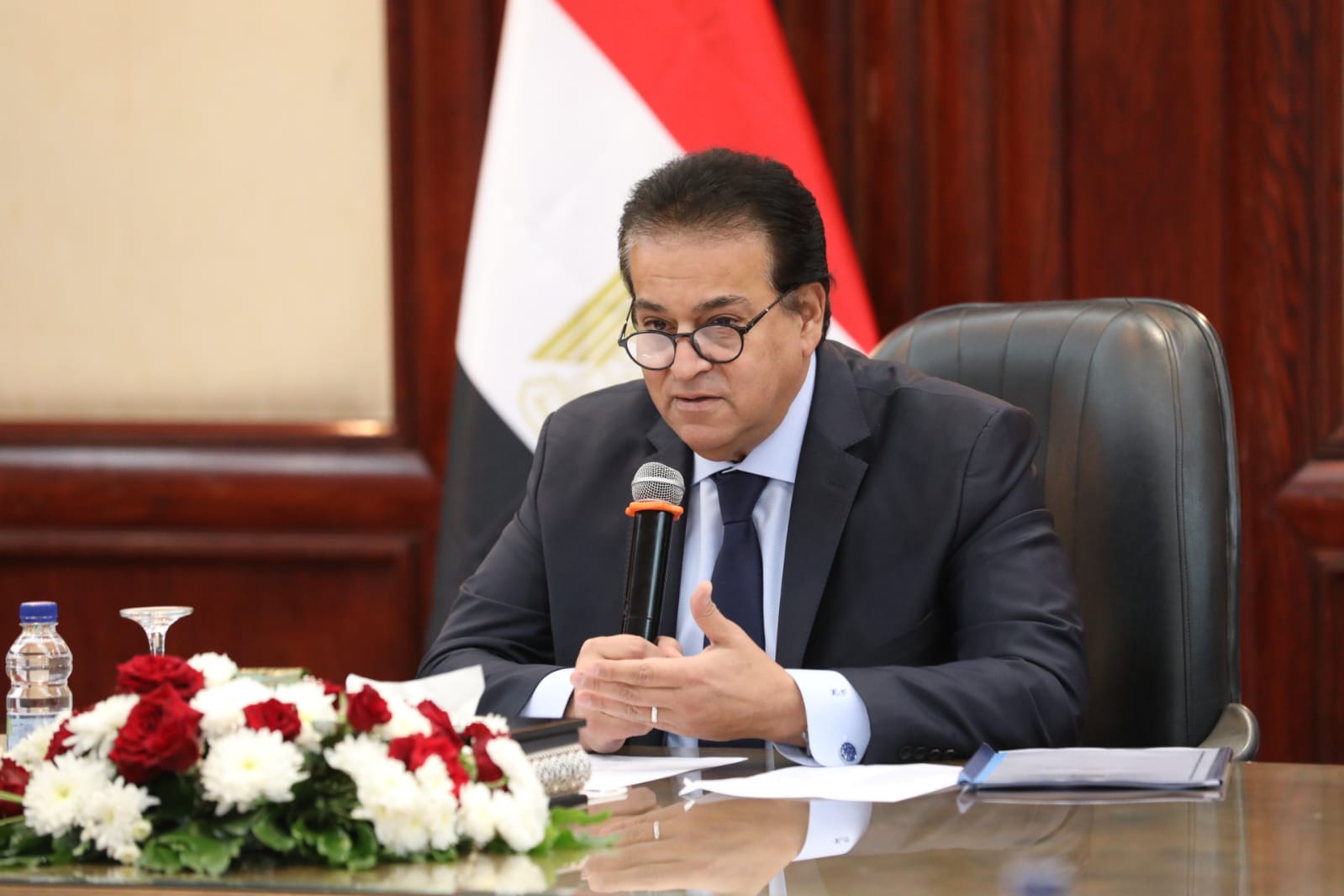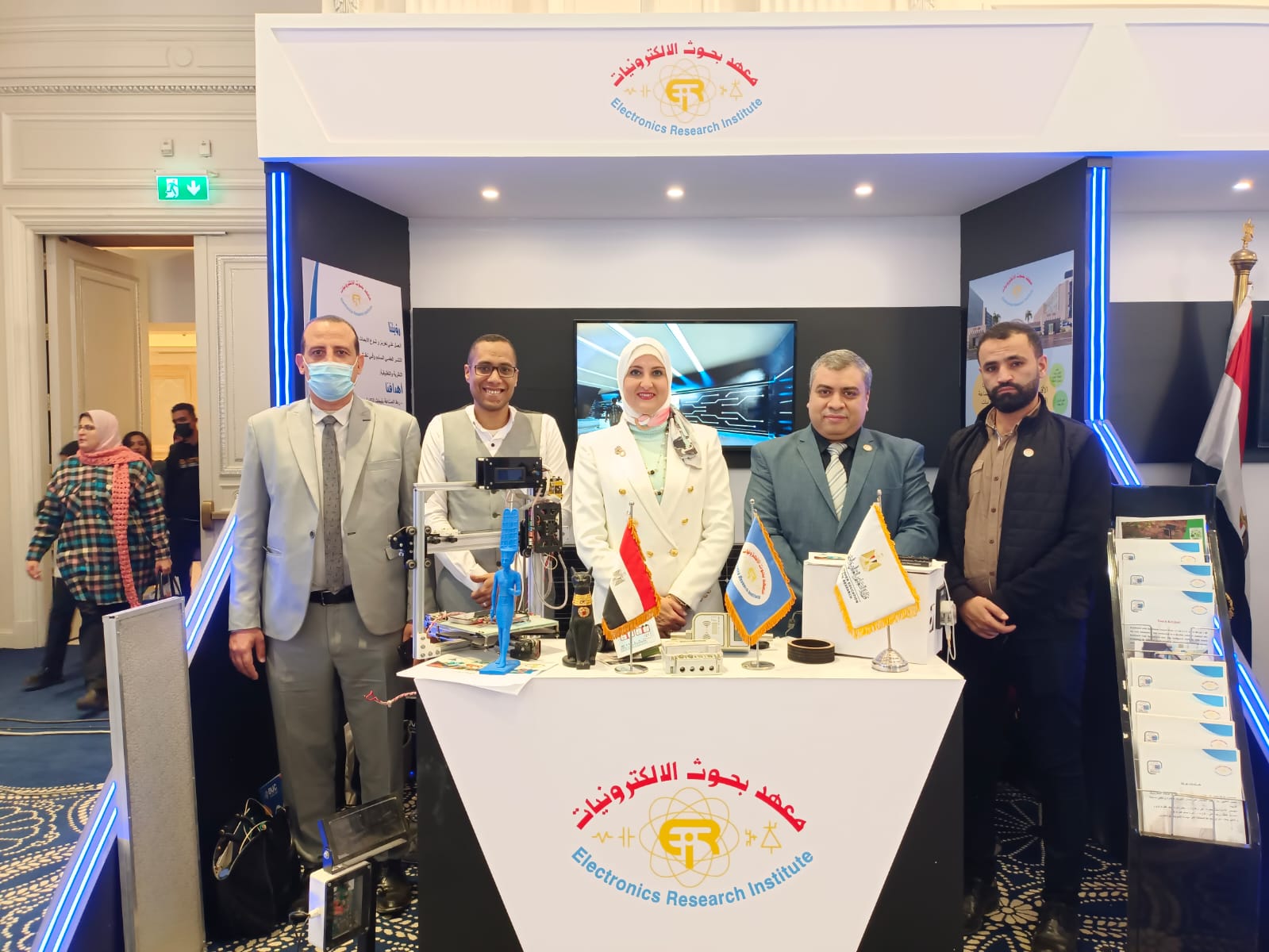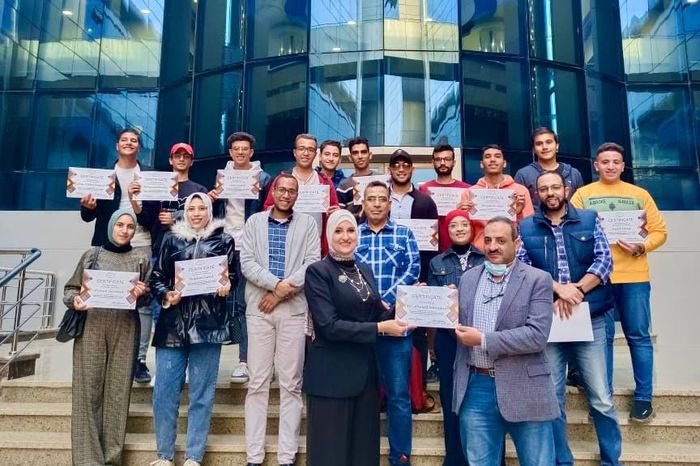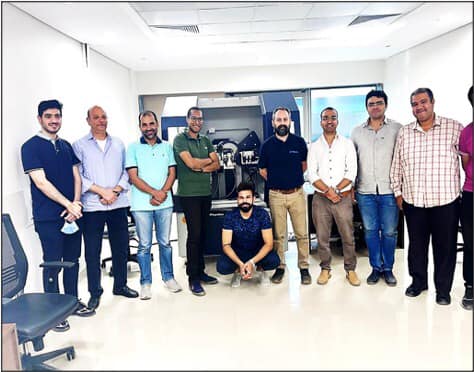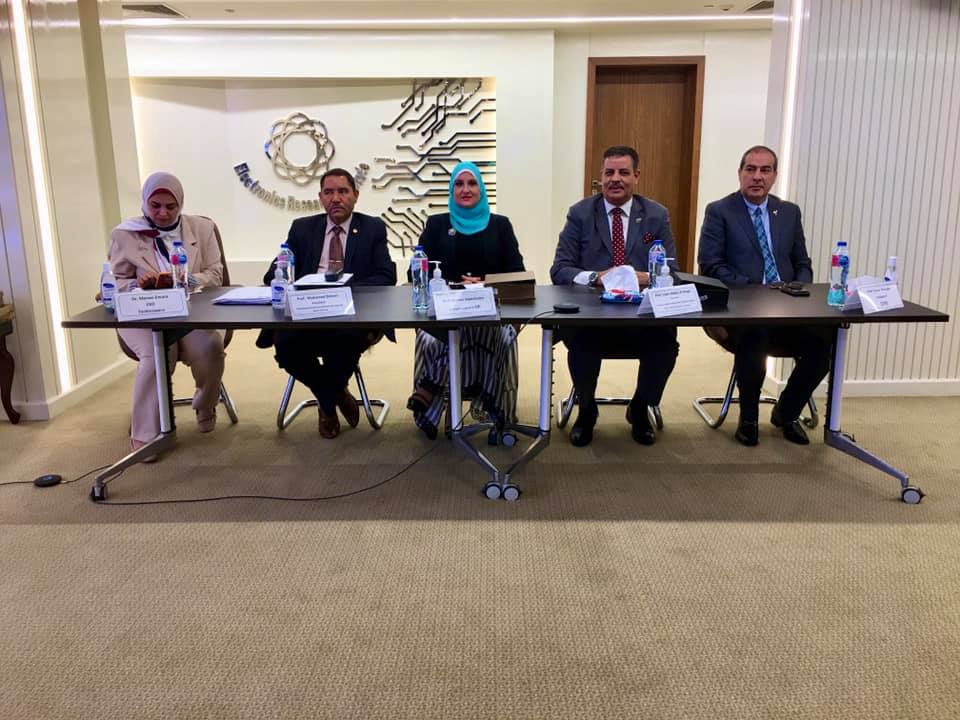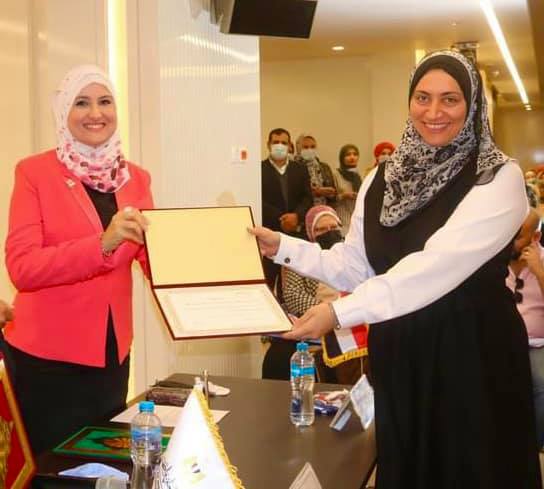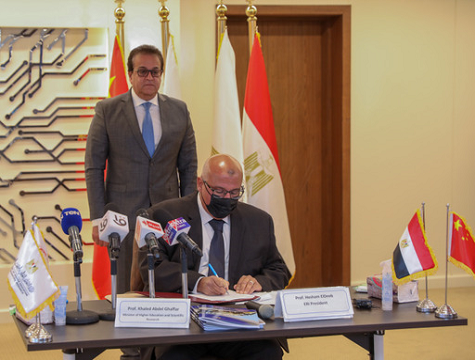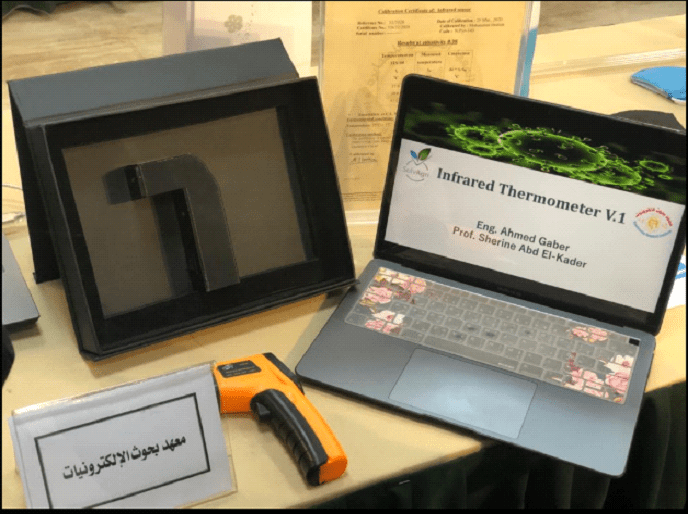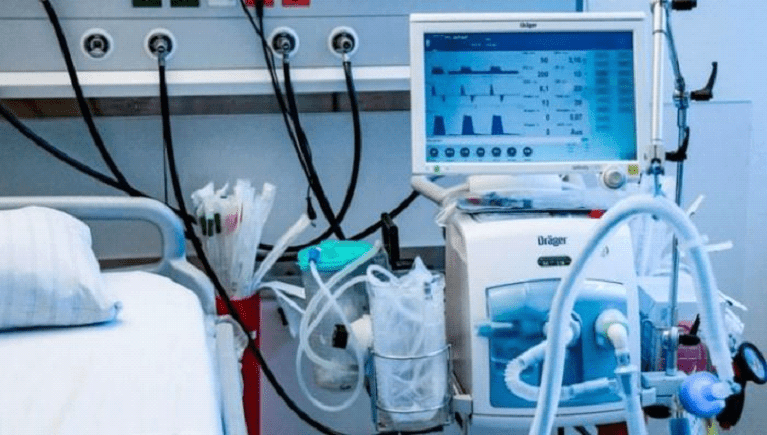Brief History
ERI, was established by the Presidential Decree No. 38 in 1989. It is one of the specialized institutes affiliated to the Ministry of Scientific Research. The activities of ERI include theoretical and applied researches in the fields of electronics, communications, computers and informatics. Catering scientific consultancy services to the industrial sector, for both production and services. Currently, ERI constitutes seven departments that include more than two hundred research members to be one of the largest research entities in Egypt.
Chairman Message
 The pivotal role of the Electronics Research Institute in supporting the national industry and employing technology to meet societal challenges - Prof. Dr.Sherine Abd El-Kader Moharram chairman of the Electronics Research Institute,Chairman of Board of Directors
The pivotal role of the Electronics Research Institute in supporting the national industry and employing technology to meet societal challenges - Prof. Dr.Sherine Abd El-Kader Moharram chairman of the Electronics Research Institute,Chairman of Board of Directors
The sustainable development strategy "Egypt Vision 2030" represents a promising future vision in the process of comprehensive development and in reviving Egypt's leading role regionally. Moving to the ranks of developed countries and achieving the desired development goals of the Egyptian society. The Electronics Research Institute is one of the distinguished institutions that can participate strongly in achieving this strategy. The Institute is one of the most important integrated and specialized applied research institutes in Egypt in the field of electronics, communications and information technology. It has many specialized research departments and central laboratories equipped with the latest devices and technologies at the national level. To meet the requirements of the development and development of the electronics industry in Egypt and to support the semi-industrial applied projects carried out by the Institute in the field of electronics and information technology, as well as providing advice to the sectors of industry, production and services and the work of specialized feasibility studies,The institute also translates the sustainable development strategy into well-thought-out and integrated implementation mechanisms to support scientific research and technological development, stimulate national energies for creativity and innovation, and push the wheel of entrepreneurship to break into the advanced technical fields of the Fourth Industrial Revolution such as the Internet of Things, artificial intelligence, cybersecurity and big data analysis, and autonomous cars. and 3D printers. This is in addition to integrating different technologies, deepening integration between digital and service fields, and accessing technology in many modern fields such as nanoparticle technology, biotechnology,Also, the research and manufacture of integrated circuits, micro-sensors and micro-electromechanical components of all kinds and scope of work have become urgent national needs, in addition to the emergence of the pivotal role of information and communication technology in the process of development and economic development.In this context, it is worth noting that the institute has seventeen initiatives aimed at implementing them: rationalizing water consumption and developing groundwater, maximizing Egypt's position on the international tourism map, preserving heritage through digital technologies, improving the quality of the agricultural process, deepening the manufacture of microelectronics, and developing health services. Developing education, maximizing the application of robot technology, developing new and renewable energy sources, preserving the environment and determining pollution sources, space and national security, deepening artificial intelligence applications, operating transportation with an electric source,Expansion of wireless communications applications, deepening cloud computing applications and big data, deepening voice and image processing applications, deepening local manufacturing and spreading the idea of technological incubators to encourage entrepreneurship in the electronics industry, all of which aim to serve national projects, including factory automation and increasing their production capacity, data security and processing Digital, detecting water sources and determining the percentage of pollution in them, detecting viruses, smart home/factory projects and precision agriculture, applications to reduce congestion and traffic accidents, saving energy consumption, smart meters and energy-saving street lighting.The institute also aims to invest in the establishment of a clean room to raise the capabilities of the electronics industry and to meet the needs of the local market, and to compete with the imported product in order to replace imports, increase exports, and direct the Egyptian economy towards an economy based on science and knowledge. His Excellency the President of the Republic paid great attention to the clean room and recommended the speedy completion of buildings and construction and the actual operation of putting Egypt on the global map for electronics, communications and digital technology services. The interest in developing the microelectronics industry in Egypt is one of the main pillars to support the national economy due to its contribution to the design and local manufacture of electronics and microsensors.and developing them to compete with global products, and to open new regional and international markets to the Egyptian product. In addition to providing many permanent and temporary job opportunities for young people and supporting the establishment of start-up companies in the field of systems design and implementation of electronics, micro-sensors and integrated circuits, this is in addition to linking research and industrial bodies in order to enhance the ability to transform theoretical scientific research into industrial products.The state has paid special attention to supporting the scientific research process in order to exploit scientific research and research outputs by issuing the Science, Technology and Innovation Incentives Law No. 23 of 2018 and its executive regulations issued pursuant to Prime Minister Decision No. 1186 of 2019. The law gave the higher education and scientific research bodies the right to exploit research Scientific and research outputs, whether singly or jointly with others, to provide self-resources for them, to develop industry and serve civil society, for the purpose of creating or developing a product in order to raise quality, reduce cost, or improve performance, or for the purpose of creating or developing a mechanism or developing a use of information technology applications for existing or developed services .The law clarifies ways to achieve this either through the establishment of science and technology valleys or technology incubators or the establishment of companies, whether alone or jointly with others in order to benefit from the research outputs, and the Electronics Research Institute was honored by being the first research body to benefit from the application of the Science and Technology Incentives Law The Minister of Higher Education and Scientific Research issued Decree No. 6 on January 20, 2021 approving the establishment of the Science and Technology City for Electronics Research and Industry affiliated with the Electronics Research Institute, which will advance the development of the electronics industry in Egypt, which is one of the main pillars for the advancement of the national economy due to the It contributes by providing many job opportunities for young people and supporting the establishment of specialized companies In the field of designing systems, micro-electromechanical systems and integrated circuits that are used in many important industries, including the manufacture of sensors and Internet of things systems.The truth is that the Electronics Research Institute is now racing against time through hard and diligent work to implement the concept of correct scientific research that has a positive impact towards solving societal problems and an economic return on the individual and the state. In order to achieve this, the Institute is preparing strong specialized research groups that produce knowledge, are able to innovate, and push the national economy forward with its sustainable development and technological solutions to address the challenges to societal challenges, raising the efficiency of the national industry, and heading towards the Arab and African region.
Former Chairmen
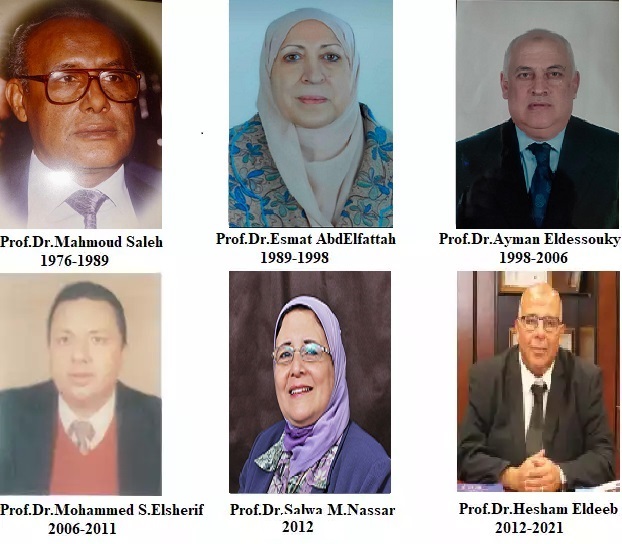
Organization chart
